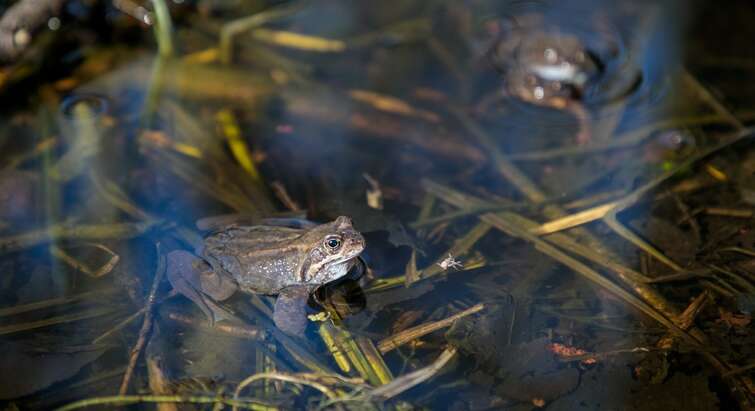
News about Economy
Viser 97 til 120 af 152 dokumenter.


Religion blocks freedom and democracy across the globe
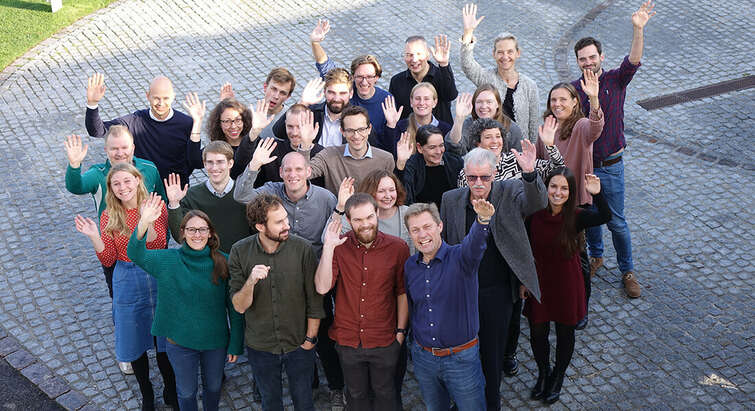
CEBI receives funding for four more years

The effect of earmarked parental leave - Thomas H. Jørgensen on TV2 News

Origins of up to 44 percent of Danish wood is a mystery
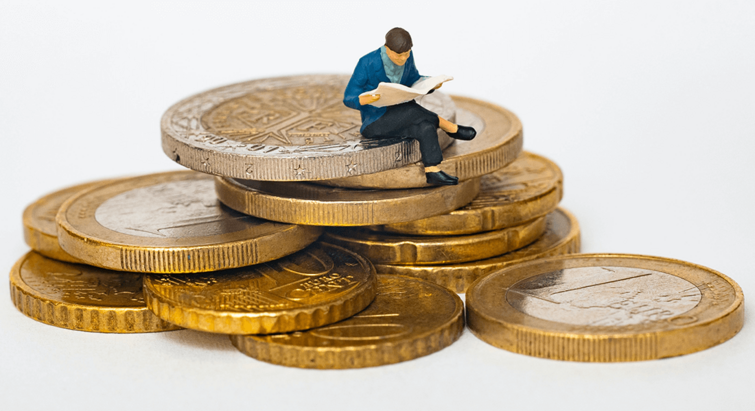
Jeppe Druedahl: Economic knowledge is also important for non-economists

CGC Researcher, Alessandro Moretti, publishes monograph on ticket touting

Green breakthrough: New models calculate our impact on nature and climate

Modern arms technologies help autocratic rulers stay in power
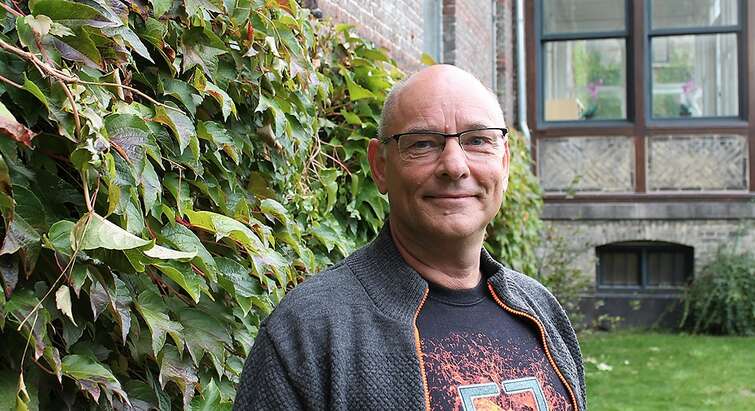
Professor Henrik Hansen appointed new Head of UPCH Department of Economics

Student project grants 2022/2023

The wealthier we become, the fewer homemade meals we eat
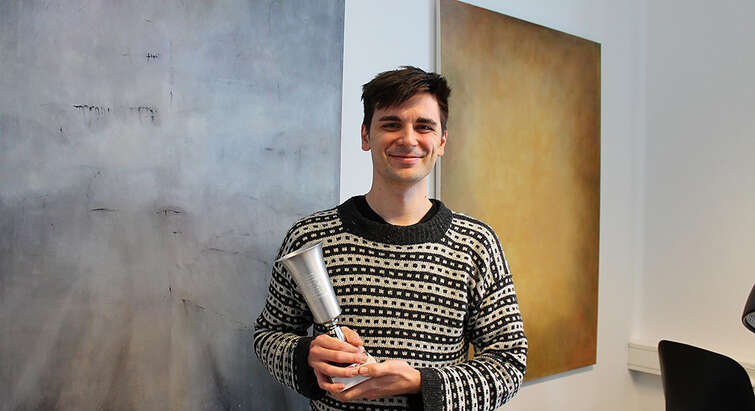
This year's 'invisible hand': "Capturing the attention of a student requires relevance and motivation"
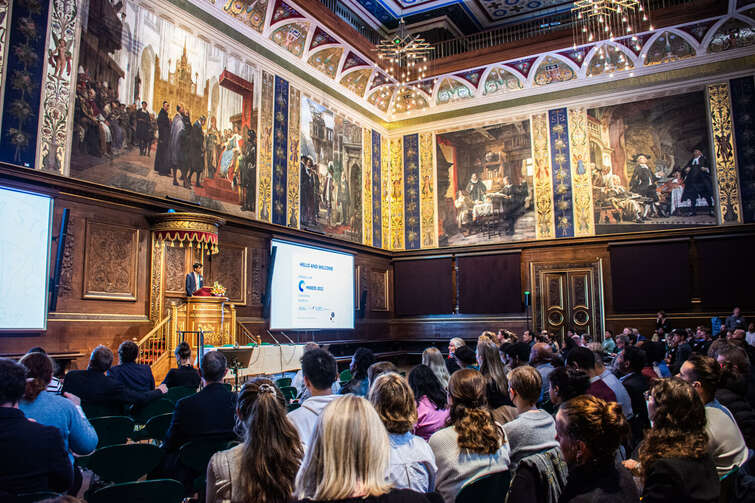
Multiple Perspectives, Cultivating Communities: Reflections on the NEEDS 2022 Conference
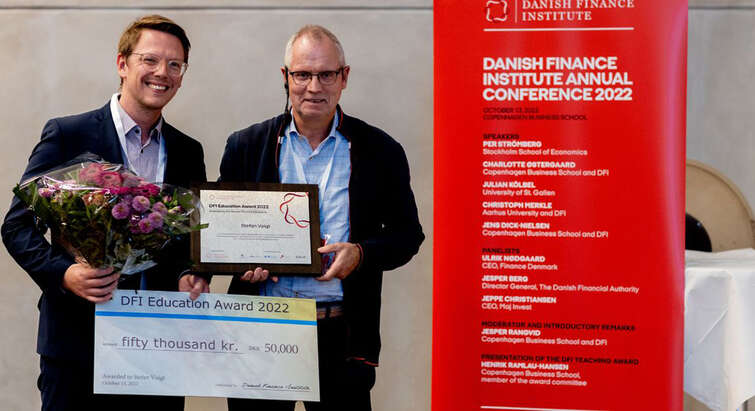
Stefan Voigt loves to teach – and is now being honoured for it
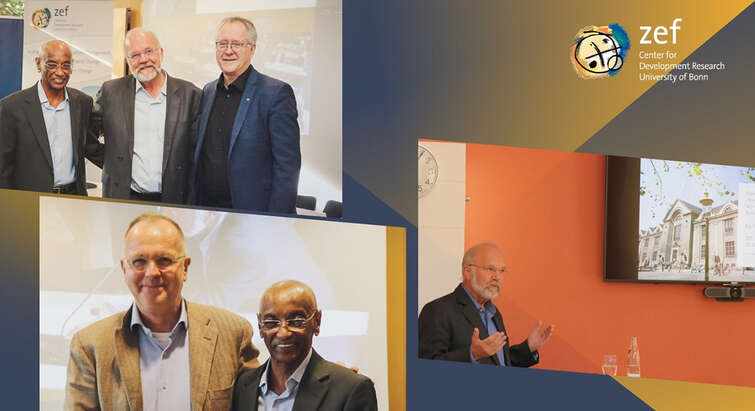
Professor Finn Tarp appointed Chair of ZEF’s Advisory Board at the University of Bonn

Economists calculate welfare gains from the Lynetteholm project

New Head of the Department of Economics: We need more female colleagues
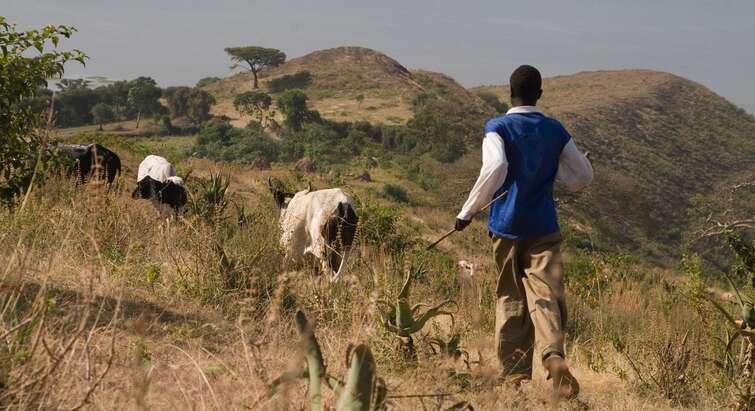
Millions of farmers put their faith in God when making decisions

Want to be a better CEO? Live close to work
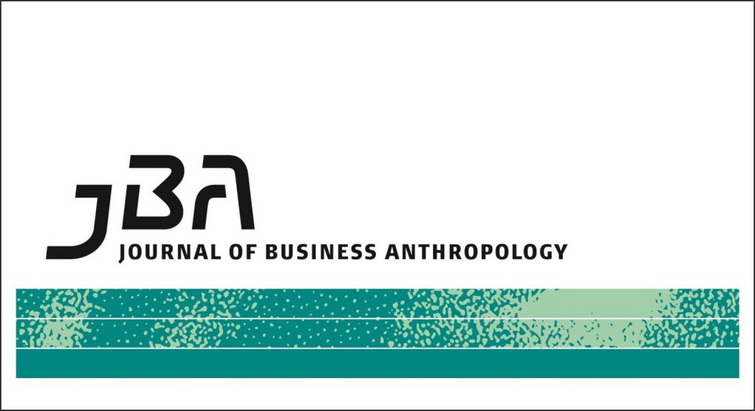
International journal to strengthen the dialogue between research and business

Patrick Thöni wins Best Paper Doctoral Award
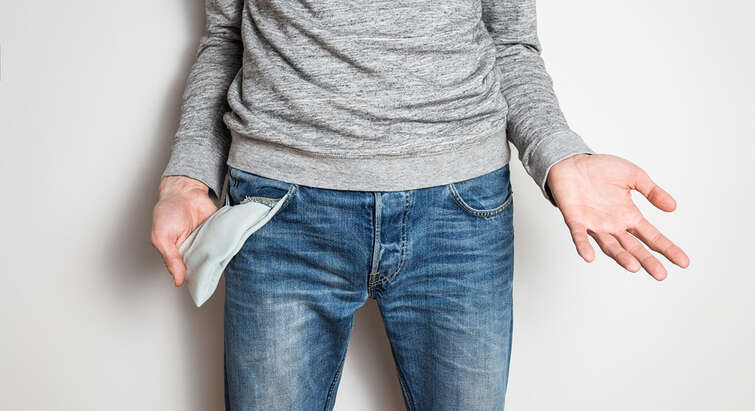
Users of high-cost loans have personality traits in common
